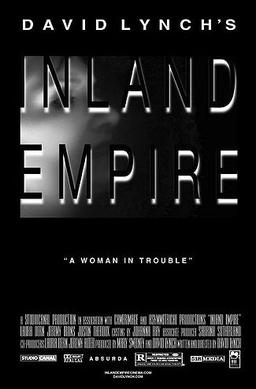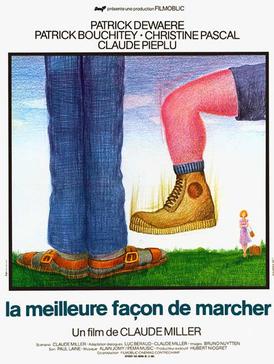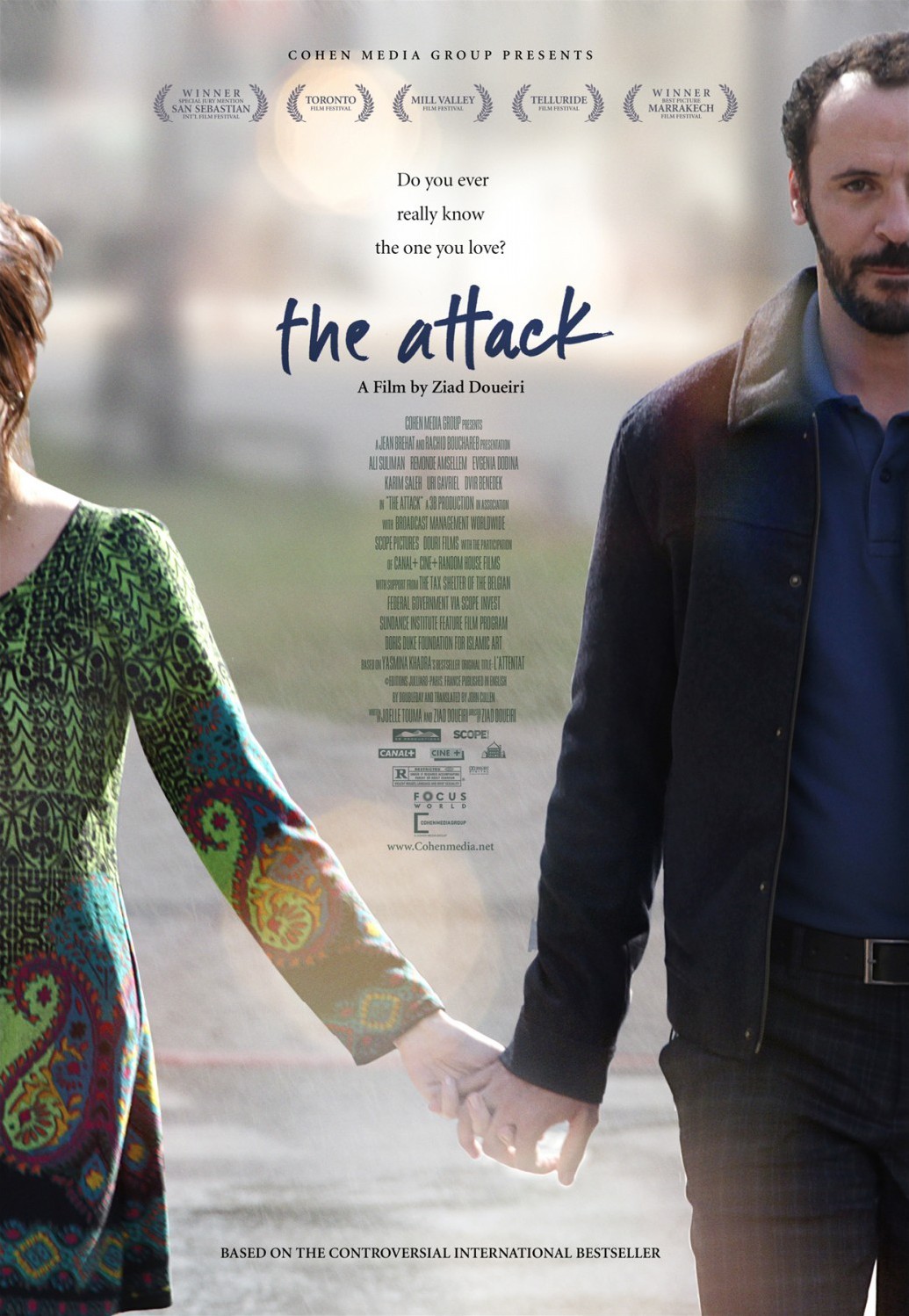Cosmopolis (2012) - Cronenberg
Day of the Rat
The set-up? A billionaire boy wonder decides to get his hair cut.
Cronenberg has been clicking consistently for me every since "A history of Violence" Before that, his stories seemed to be about individuals deformed by technology and those individuals couldn't quite integrate the changes, and they always ended up, if not actual grotesques, at least one of the walking wounded. But with Tom Stall, the process was complete; here was a small businessman who by merely locking onto his intended prey shed all humanity in the blink of an eye and became a cold blooded sociopath. As soon as Eric Packer (Robert Pattinson) established himself as the lead character in the film, I knew I was watching another one of Cronenberg's genteel monsters.
And there's still a hint of that transformation process, At 28, Packer's habits here are kind of quirky with just a dash of entitlement---but tack on 30 years of him stewing in his own juices, these same quirks will become debilitating tics and phobias. His medical check-ups already suggest a kind of hypochondria. Also his transformation into a monster occurs visually just after the dessert tray passes, lemon meringue pie looks conspicuously like exploded brain matter from an open head wound.
Although Pattinson is good in the lead; he gets oodles of sequential support in the guise of his business meetings with other characters. Unfortunately, all of these scenes are frustratingly short. Five more minutes with Juliette Binoche or Samantha Morton wouldn't have hurt the film. One thing's for sure, I can't imagine the popcorn crowd enjoying "Cosmopolis." There was a large number of walk outs (twi-hards?) during the screening I saw; and that may be because the film seems plotless and entirely driven by the dialogue.
The opening literally sets up a comic farce, the one where two working class stiffs borrow the boss's limo for a day of hijinks and high adventure. One driver gabs with another, and he makes the snap decision to take the car and get his hair cut. The next sequence has him hiding behind his sunglasses taking a meeting with what seems to be the company's head of information security. The computer guy assures him of his unassailably in all areas and that the probability of him being assassinated that day, is statistically less than zero. Opps, maybe his guy is the boss.
The last generation of financial wizards were mathematicians working on infinitesimal financial algorithms to generate wealth. In his brave new world, the flow of information is overwhelming: all of his advisors look for patterns in the chaos. With Packer's personal Bot system, he now appears to be using Black magic and alchemy to try to stay ahead of the curve. Is this the next step in business evolution or metastasis?
Packer meets with his "Idea" consultant---who willingly volunteers several times, she couldn't explain any of these new ideas if her life depended on it, although she can tell you with chilling prescience which ones are popular and trending. Their limo crawls past a street demonstration and they notice one of the protesters has appropriated a symbol from the 60's. They look at it and decide in a heartbeat, that it's earning potential is extremely limited because it's derivative and unoriginal. This shows how divorced from reality they really are, when content becomes merely the stuffing between the commercials.

There are several arcs that travel the length of the film; Packer himself and his relationship with his employees. The space inside the limo begins as a state of the art bulletproof portable office, and seems to end as personal survival pod. Which is undone ironically, by simple gridlock; any kid with a skate board and a little excess energy can skip to his destination and arrive hours before his Excellency. Indeed, the limo eventually becomes a symbol of just how soulless his pursuit of wealth has become.
My favorite arc is the one with his wife. Packer spies a beautiful young blonde in the taxi next to his limo and he gets out and brazenly slides inside. It takes a couple of minutes of banter before we discover this is his bride, they were married a couple of weeks ago. This is the key relationship that best illustrates him.
Mrs. Packer is a poetess; and his estrangement not just from the world of art and culture, but real life is most obvious when he's with her. It was almost painful when she leaned over in the taxi and noticed for the very first time, that his eyes were actually blue. In an effort to get a little one on one time, Packer compares sensual swell of her breasts with those of her mothers---even his chief of security who is sitting a few tables away winces at just how gauche that was. It slowly emerges their union may have had more to do with a push from her family (old money) to commingle with this upstart parvenu, rather than any striking attraction between the two of them. I loved that strange dress of hers, she wore it like a suit of armor.
Top marks to Cronenberg for retaining a lot of the exquisite, stilted dialogue from the novel. Some of it is very wicked indeed. When someone asks Packer why bother with the limousine on such a day; I can't recall the exact wording, but it had something to do with self worth and droplets of urine, but the meaning was crystal clear.
What sounds like a throwaway line can return later in the film, like a boomerang. There's also seamless interconnection and invisible set-ups in the film. One of Packer's security agents mentions she's not all that jazzed by her job---she loves the pay but she's not all that worried about the threat of violence, since the cross hairs would skip past her and rest on him: a line of dialogue. Later, there's a visual reveal that during the afternoon demonstration, someone---in addition to the sides had also taken the time to spray paint cross hairs on the rooftop. The street protests are echoed subtlety in the club scene, when part of the trendy ambiance includes being oppressed with gentle slosh of symbolic pepper spray. There's also wonderful moments of vertigo when, the other gridlocked lanes suddenly move forward creating the mild sensation of traveling backwards.
This movie is like an onion: you can peel away layer upon layer to find something underneath. The story could be about an investor's bad day at the office---his wife always comments on his progressive dishevel each time she meets him. But this could also be perversely seen as the journey of a true believer who has attained enlightenment and embraced his fate with open arms. In 1% of Eric Packer's life---when it comes to bean counting---he's king of the bean counters. But in other 99% of the time, he's horribly lacking; qualities such as empathy or the ability to play well with others may be woefully underdeveloped or even non-existent in his personality. And indeed, the film makes a direct comparison between him, a titian in the world of finance and the lone deranged gun man in the clock tower.
As private control over information intensifies, and more and more business filters are placed over the news we have access to; diversity of opinion and truth constricts and shrinks to the single point of view contained within this stretch limo. Which begs the question: is that the real world outside those tinted windows?




 , and (sorry for repeating this) I've seen it three times.
, and (sorry for repeating this) I've seen it three times.




